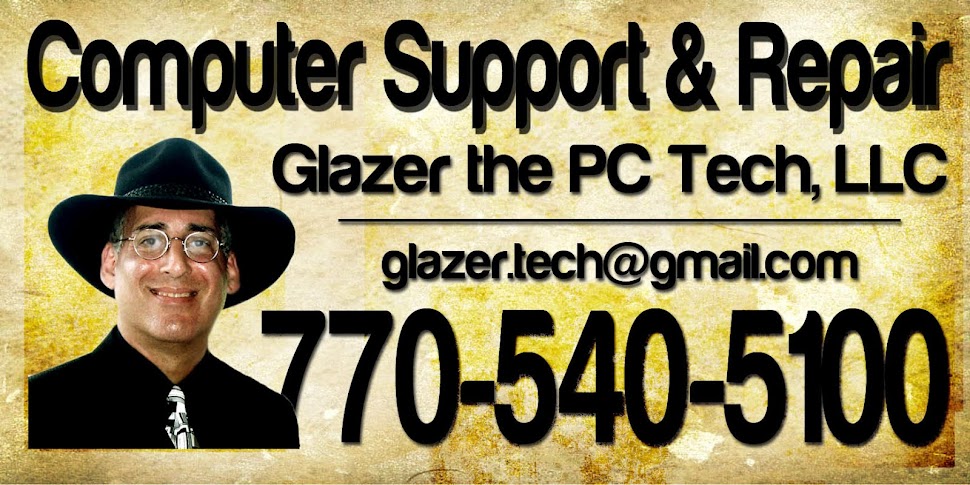arthur@glazerthepctech.com
Everyone likes a bargain. There are two-for-one beers, free samples, free parking, free admission, free Wi-Fi and free downloads.
All are great except for the last one. Free downloads are not always free. Well, they may be free, but there is still a price to pay.
Sure, some free downloads make you eventually pay for the program, but that’s not where I’m going. I’ve mentioned this in the past, but it’s worth saying again: A free program is not only free of cost, but free of support as well.
You are on your own when you download a free program from the Internet. Don’t expect help from the site you got it from or from those who wrote the program. Somewhere in all of those OK and Next buttons you initially click is an agreement stating that fact.
You use the program at your own risk. Should something go wrong, it’s on you. You need to know what you are using, how to use it and what it does. This especially holds true with registry tools. In just a couple of wrong mouse clicks, you could turn an $800 laptop into an expensive doorstop.
The first thing to do is make sure your system is healthy. If it’s already on the edge and you push it, there will be consequences.
When you install something on your system — anything — make sure nothing else is running. That means not just closing open windows, but also checking the taskbar. Look over by the clock and close down any programs you don’t need. Everyone has some utilities running there. Right-click and exit them. This is especially true of anti-virus programs.
When you later reboot, they will come back, so don’t worry about restarting them. The less you have running during an installation, the less of a chance you have of something going wrong.
It’s always good practice to create a system restore point prior to installing anything, should something go awry. It will give you a point to return to in case of trouble, kind of like Mr. Peabody’s Way-Back Machine. Some applications will create one for you automatically or at least ask you if you want to create one, but many will not.
From your Start menu in XP, click Accessories, then System Tools and System Restore. Choose to create a restore point. If you prefer to have it always on your start menu, right-click on it and choose: pin to start menu. It will then reside above the line on the left side of the menu.
In Vista, look in Control Panel under Classic view for Backup and Restore Center. In the left column, click on: Create a System Restore Point.
Your anti-virus and anti-malware utilities should have been running when you downloaded those programs you’re about to install. That is when anything malicious would get caught. There are a ton of Trojan horses circulating the Internet and if you are not careful and diligent, one or more will find its way to your computer.
Use reputable Web sites for downloads. Don’t click on every link that flashes "Free" on your screen. If you use online forums to read about others’ experiences with programs, you’ll learn plenty. Sites like download.com allow you to read not only the editor’s comments about programs, but you can see other user’s comments as well. This may help you decide if a program is worthwhile.
Many programs are written by the small guy, as opposed to corporate giants. Often the application written by the guy living in his parents’ basement is the best out there. Should you decide to pay the affordable $24 fee he’ll ask for, you’ll then get all the support you need.
I once had a guy e-mail me from Finland within hours of my query for help. It was well worth the small price I paid for his program.
Keep in mind, I would never recommend a program to you without having first tried it myself. I’ve had readers write, telling me that a program I wrote about was garbage and how could I?
Not every utility will function perfectly on every system. It just doesn’t work that way. Unfortunately we don’t live in a perfect world.
In some cases, as I mentioned, if the computer is already on the edge, all it may take is hitting the Enter key for an error to occur. In others, it may take running a program. But it’s not my fault, whatever the case. So please, don’t kill the messenger.
If you install a lot of programs, remember to delete them if you don’t use them. Why clutter up your hard drive? Then, since you are deleting lots of programs, it’s a good idea to run your defrag utility every now and then. There is always some maintenance involved with computing.
Just keep in mind there are many enticing, free programs on the Internet. Use them wisely and cautiously.
Arthur Glazer is a freelance writer and computer technician in Gainesville. His column appears biweekly. Arthur welcomes your computer questions and ideas for future columns.

